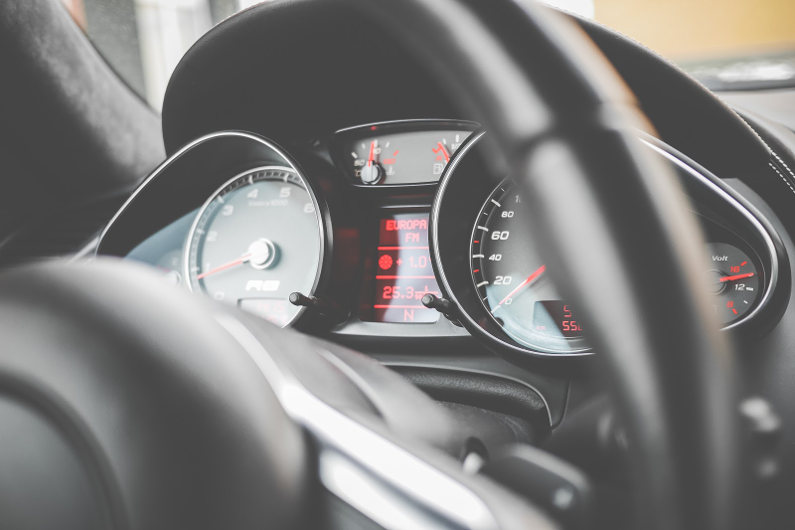It is funny how ingrained certain ideas become in our minds on the basis of minimal information. If you are looking for a place to live, it is better to buy than to rent. If you want a car for personal use, it’s best to pay cash. And if you are getting a vehicle for business, it is lease all the way.
This last point, in particular, is an interesting one. Lease deals are rapidly becoming all the rage, both for business and personal vehicles. The arguments for leasing are compelling. No hassle regarding trade ins, you can get all the servicing taken care of as part of the deal, and with some of the special offers available from companies like Vantage Leasing, you can find yourself behind the wheel of the sort of vehicle that would be well outside your price range if you were buying.

Is it really that simple? Here we look at some of the main considerations that a business owner needs to take into account when deciding whether to lease or buy.
Cash flow
Cash is the lifeblood of any business, and if you purchase a vehicle, you will need a large chunk of it. Even for a finance deal, you must come up with a substantial down payment. If your business is cash-rich, that’s no problem. If not, a lease deal definitely makes more sense.
Mileage
How many miles will the vehicle be covering per year? You will need to have a good handle on this if you lease, as the monthly rate will depend on the agreed maximum mileage over the lease period. Of course, if you buy the vehicle, this becomes a non-issue, although the more miles you put on the vehicle, the lower its resale value will be.
Drivers
Who will be driving the vehicle? If it is you, then you have full control over the miles it covers and the way it is driven. If it is an employee, bear in mind that with the best will in the world, he or she is unlikely to take as much care of it as they would their own property. If personal use is also allowed, it further reduces your control over mileage. For lease vehicles in particular, make sure you have firm rules in place to ensure condition and mileage is closely monitored and reported.

Tax considerations
Leasing payments are a tax deductible business expense, while you can only deduct the interest on a car loan if you decide to purchase. You might also be able to deduct depreciation costs, but this is a complex area, and you should seek advice from your accountant.
Maintenance
Whichever road you go down, the vehicle will need periodic maintenance and servicing. Most lease deals have an option to include this, which definitely makes sense for business vehicles, as you have all your costs laid out before you, with no unpleasant surprises.
Buy or lease?
While there are some circumstances where purchasing might make sense, the majority of businesses choose to lease, and for good reason. Reduced hassle, better tax incentives and no cash outlay make it a no-brainer for nine businesses out of ten.




